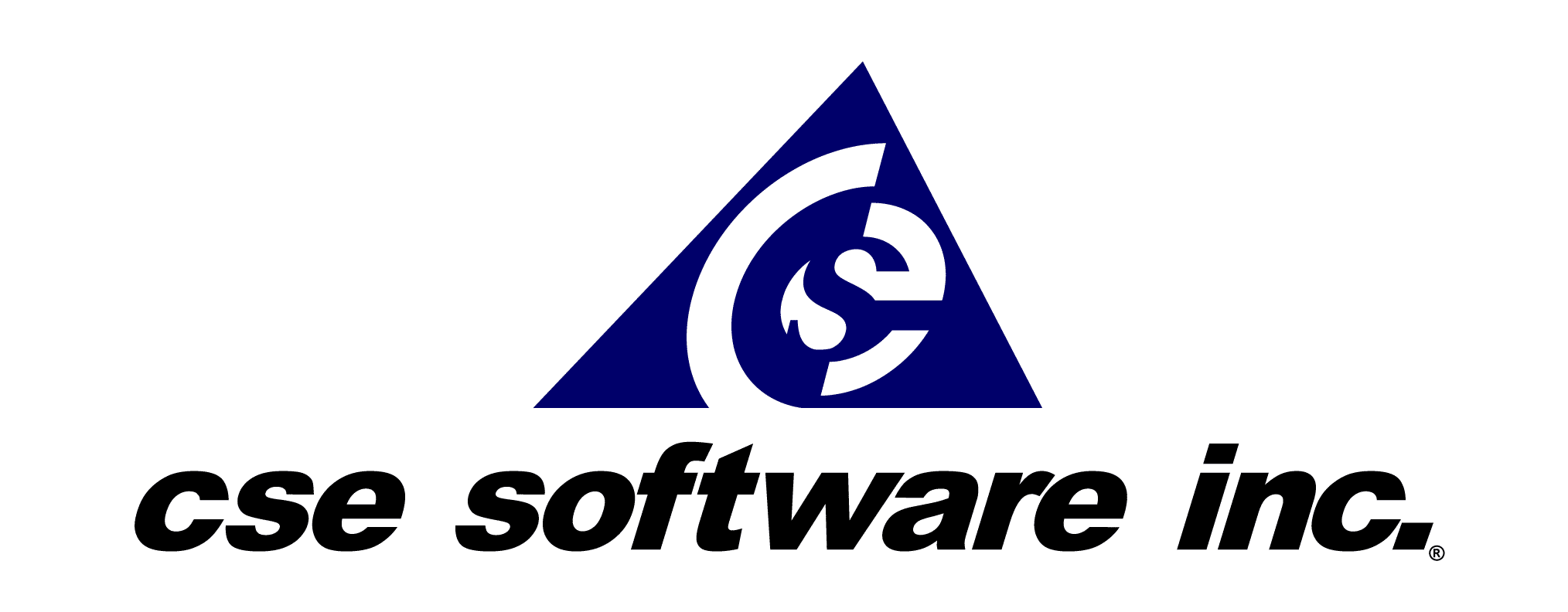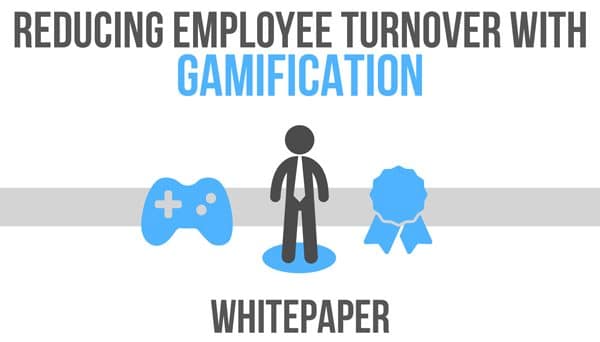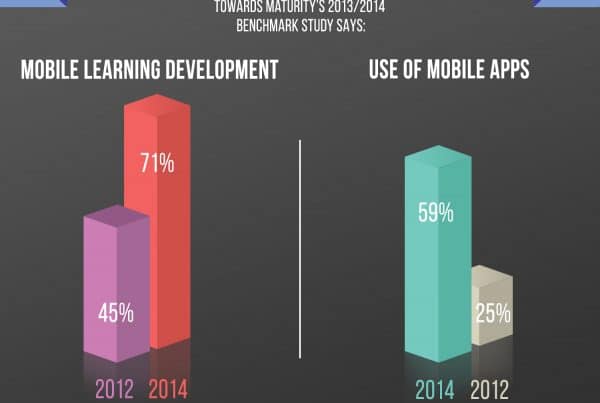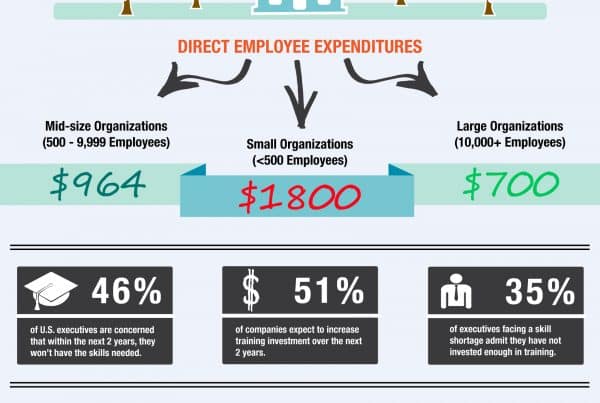Being able to learn whenever and wherever it is convenient makes for a better learning experience. It means that the correct time and attention can be given to the material at hand, gaining more sticking power with participants than if they were under stress, unengaged or otherwise unable to really devote the right energy to course materials.
Yet some educators and employers still feel that eLearning development and custom training software could pose a danger to the quality and capability of staff to learn their duties. These individuals still think that outdated, in-house-only modes are the best, despite evidence showing that hybrid, online and other forms or alternative education not only provide the same level of excellence, they are a cost savings to those who use them.
The other benefit is clearly the ability to connect from a variety of locations. Anywhere with an internet signal will grant access to custom training software for corporate or public use. That means collaboration with international partners could become commonplace, spreading ideas globally and enhancing educational aspects.
Quality of learning
Those concerned about the content of online courses or the amount of practical knowledge users derive from these experiences need only look to participants performance to see the benefit of custom training software. The needs of the entire corporate staff can be met with a single eLearning development, instead of providing individual classes that detract from the work experience and may require transportation, entertainment or other costs be incurred by the organization sponsoring them.
Online tools instead supply the same level of education, either in a stand-alone eLearning setting or as a hybrid tool, according to Bacon’s Rebellion. The source published a study by the University of Virginia that showed the same levels of success and after-course competence for traditional learners as those whose education was partially subsidized by an online learning experience.
That’s why UVA and other Ivy League universities have started eLearning development programs of their own, looking to broaden the reach of their academics as well as integrating new perspectives. These distance programs also allow for students to study abroad, travel during school and experience life-enrichment activities without ever falling behind on coursework.
For the public
The benefit of such programs isn’t limited to private, high-end colleges like Harvard, the Massachusetts Institute of Technology or the University of Virginia. These experiences are designed to be shared and can easily be accessed and understood by users around the world.
Those still concerned about the value of these programs can look at studies like that published by US News. A recent report, “Interactive Learning Online at Public Universities: Evidence from Randomized Tests,” stated that of the over 600 colleges randomly assessed, students were split into online-only and traditional-learning test groups. After a semester of study, participants in both sections were given the same standardized tests and assessments, and roughly the same percentage of passing and achievement was seen across the board.
Organizations should see the cost savings here that an eLearning development can represent. By spending on a single online tool, everyone can get the same quality education without constantly paying a dedicated teacher, pulling people out of regular offices and potentially spending a lot more on a traditional classroom experience. Investing in online learning tools is a better option for every industry.
Any institution, private or public, can contact CSE Software Inc. for an assessment of its training needs and a summary of the custom training software that would work best in its organizations. CSE uses a methodical development process to deliver the software and apps that fit our clients’ needs, on time and on budget.
Contact Stacey Burris at sburris@csesoftware.com or 1.309.670.7595 and ask for an eLearning demo today!



